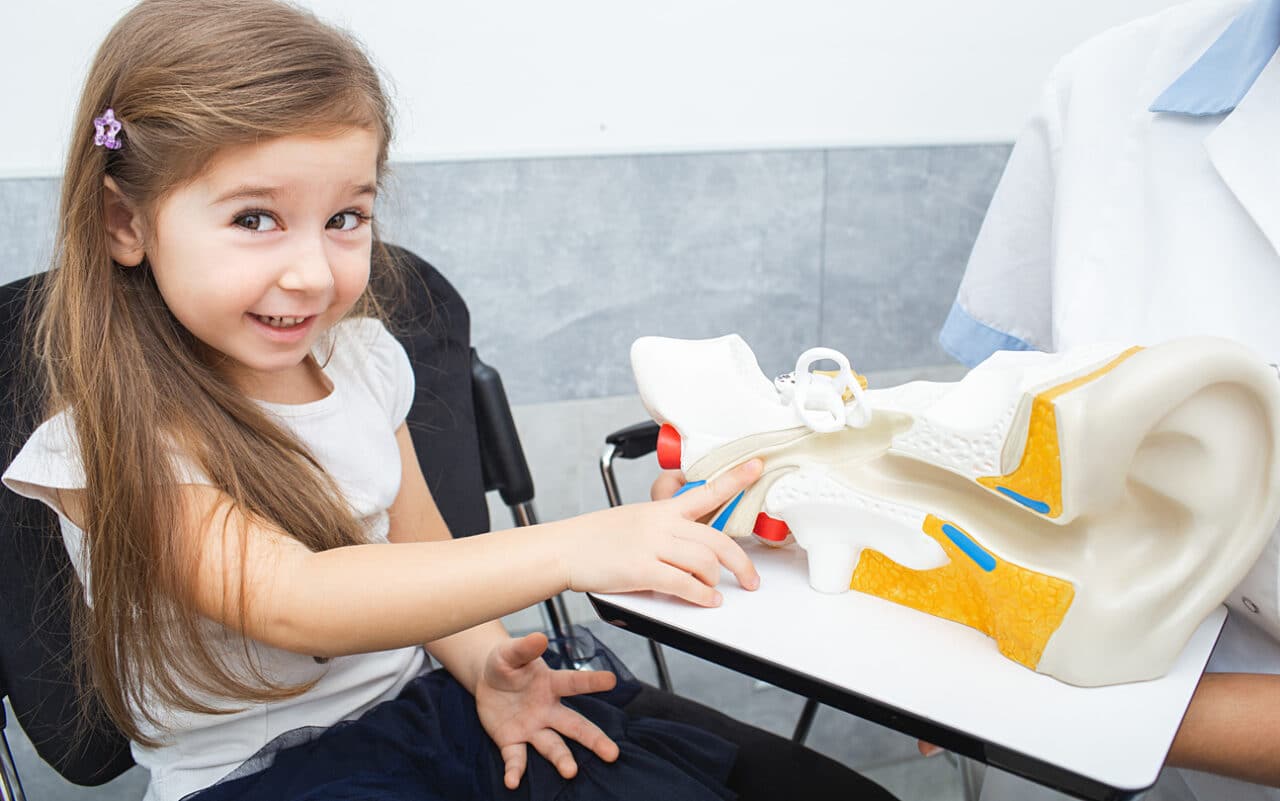When children step into the classroom, their ability to hear clearly plays a massive role in their education. From listening to teachers explain new concepts to laughing with friends during recess, good hearing helps kids thrive.
That’s why many schools conduct regular hearing screenings. Texas mandates in-school screenings at the following intervals:
- Your child’s first entry into school
- 4 years old
- Kindergarten
- 1st grade
- 3rd grade
- 5th grade
- 7th grade
Let’s examine why schools conduct hearing screenings, how they benefit your child and what to do if they reveal hearing loss.
Why Schools Screen for Hearing Problems

Hearing difficulties can be easy to miss. A child who doesn’t respond in class might be mistaken as distracted, when they may not have heard the instruction at all. School screenings create a safety net, ensuring no child’s academic potential is limited by an undetected hearing issue.
What Your Child Can Expect During a Hearing Screening
A school hearing test isn’t scary. Many children find it fun or interesting. Your child will usually:
- Sit in a quiet space with headphones on
- Listen for soft beeps or tones at different pitches
- Signal (by raising a hand or pressing a button) whenever they hear a sound
The process takes just a few minutes, and the results are straightforward:
- Pass means they don’t need any further testing at that time
- Refer means the school suggests a follow-up test with a hearing specialist
A refer result doesn’t always mean hearing loss. Sometimes fluid in the ears, seasonal allergies or even earwax can cause a temporary change in hearing.
What To Do if a Screening Raises Concerns
If the screening administrator refers your child for further testing, the next step is a comprehensive evaluation by an audiologist. If they confirm hearing loss, treatments like hearing aids or cochlear implants can make a dramatic difference in their lives. With the right support, children can continue to learn, play and grow just like their peers.
Helping Kids Feel Confident About Hearing Care
Talking openly about hearing health can make children feel less anxious. Comparing hearing aids to glasses is often helpful: just as glasses give eyes a boost, hearing aids help ears catch sounds more clearly. They don’t hold kids back. They help them shine.
If your child’s school hearing screening suggests a possible issue, scheduling a full evaluation is the next step. Addressing hearing concerns early can improve learning outcomes, social development and confidence. Contact Austin Auditory Specialists to schedule an appointment with one of our specialists.